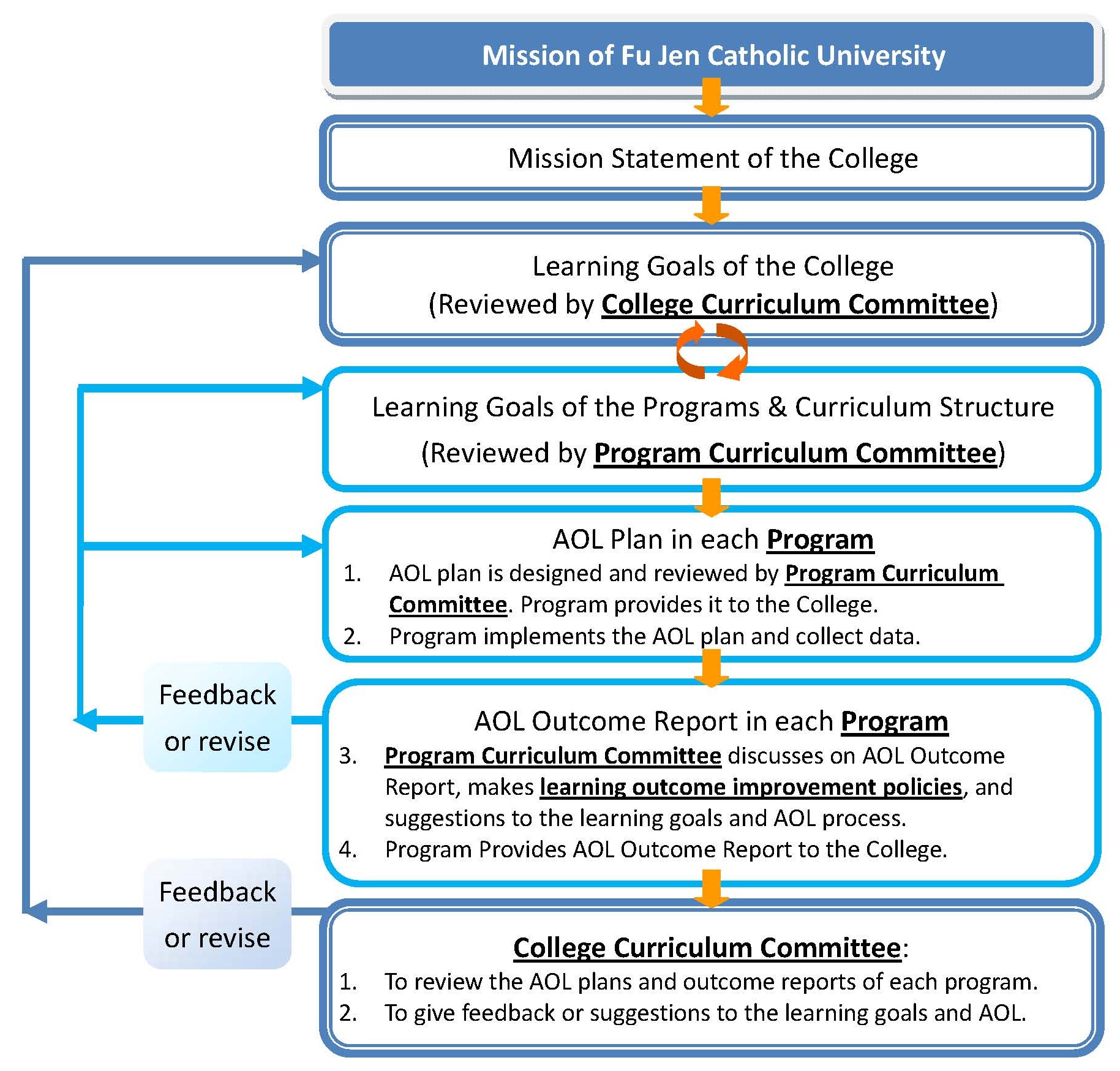Teaching
Currently there are 6 undergraduate programs, 7 Master's programs, 8 Evening-Weekend programs, and 1 Ph.D. program in the College. There are approximately 3,161 students enrolled in the College in undergraduate programs, 374 in Master's programs, and 400 in executive Master's programs. The Ph.D. program admits 15 students per year. Currently there are 106 full time faculty members including 33 full professors, 33 associate professors, 35 assistant professors, and 1 lecturer. Among the faculty members, 99% have a Ph.D. degree. To provide students with industrial experiences and practical knowledge,we also invite corporate elite instructors, including senior management executives and experts from various disciplines. There are about 130 part-tmie faculty members.
Curriculum Management System
In order to establish a sound system and a regular process to manage learning and teaching, the College stipulated “Curriculum Management System” in 2005. The Curriculum Management System sets up guidelines and timeline for the programs and the College to review and revise the learning goals, curriculum, and the faculty issue (qualification/sufficiency). Moreover, we incorporate the AOL process into the system to ensure that the major adjustment of curriculum or courses is closely linked to the feedback from AOL process.
Assurance of Learning
The focus of Assurance of Learning (AOL) is on each program. Each program should establish their learning goals for different educational level, design and implement AOL plan, collect and analyze data of students learning outcome, complete AOL outcome report. Program Curriculum Committees should put emphasis on learning outcome improvement policies. The College Curriculum Committee will review each program’s AOL plans and AOL outcome reports to give feedback or suggestions. The following chart illustrates the AOL process.

Learning Goals of the College
The College formulates the following learning goals for its undergraduate programs in line with the Mission Statement:- (1) Each student should be able to analyze and solve management problems.
- (2) Each student should be able to use management knowledge and information technology.
- (3) Each student should be willing to show human compassion and render professional services as an ethical practice.
- (4) Each student should be able to cultivate a global view and exhibit the characteristics of internationalization.
Each student has to obtain 128 to 136 credits before graduation. To further improve the quality of education, the required graduation credits will be adjusted to 128 credits for all the undergraduate programs.
Learning goals for its MBA programs:
- (1) Each student should be able to integrate theories and practices as to increase the productivity of organizations.
- (2) Each student should be able to capitalize on modern information technology in the integration and use of resources.
- (3) Each student should be able to recognize professional ethics and human-centric values, and be able to apply them in professional decision-making.
- (4) Each student should be able to expand his/her global perspective to adapt to internationalization.
The College formulates the following learning goals for its Master's programs:
- (1) Each student should be able to capture the essence of professional knowledge and cultivate the ability to independent research.
- (2) Each student should be able to capitalize on modern information technology in the integration and use of resources.
- (3) Each student should be able to recognize professional ethics and human-centric values, and be able to apply them in professional decision-making.
- (4) Each student should be able to expand his/her global perspective to adapt to internationalization.
Master's students are required to complete 32 to 42 credits in addition to the 6 Thesis credits before their graduation. Part-time's students must complete 24 to 30 credits as well as the 6 Thesis credits before graduation.
The Ph.D. students are required to complete at least 24 credits and a 6 credit Dissertation before graduation. We intend to develop our Ph.D. program along the following paths:
- (1) Each student should be able to cultivate the business concept that integrates theories and practices.
- (2) Each student should be able to embed business ethics in academic researches.
- (3) Each student should be able to cultivate the capability of conducting independent researches.
- (4) Each student should be able to develop into international academics.
Implement Human-Centric values
The College of Management endeavors to help students become the intelligent, ethical managers needed by modern society and business. As a member of the International Association of Jesuit Business Schools, “human-centric value” sits among our core values. With this in mind, we promote the importance of serving humankind, while striking a balance between professional knowledge about management and business ethics.
In January 2016, Prof. Li-Fei Chen, Convener of FJCM Teaching Executive Committee, presented a white paper entitled ‘Guidelines of the Fulfillment of Human-Centric Values through Education’ at the Annual Faculty Convention on June 28, 2016, and at the Annual Staff Convention on July 28, 2016. The ideas contained within the white paper have been adopted by faculty and staff: FJCM should promote human-centric value within courses.
